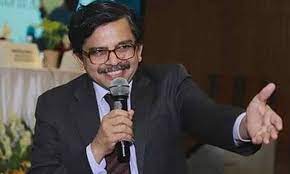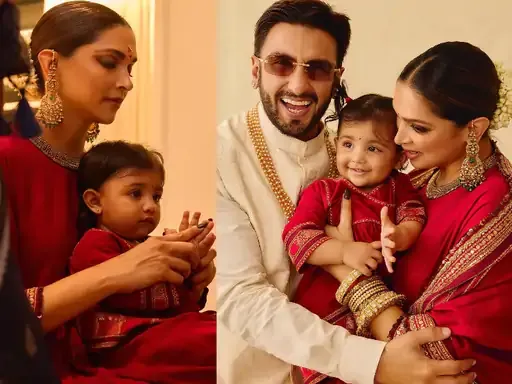Chief Justice of Orissa High Court said, the law of the country is discriminatory for the poor

Chief Justice of Odisha High Court S. Muralidhar said on Thursday that India’s laws have been framed in such a way that they are discriminating against the poor. He said that the judicial system works unequally for the rich and the poor.
Chief Justice Muralidhar said, “There are many obstacles in reaching justice, which a marginalized person has to face. The law and its procedures are mysterious even to an educated person. The laws have been framed in such a way that there is discrimination against the poor.
“The system works differently towards the poor. Beggers’ courts, juvenile justice boards and women’s magistrates’ courts are places where a poor person sees and understands the judicial system for the first time.
He was addressing a lecture ‘Appearing in Court: Challenges in Representing the Marginalized’, a lecture organized by the Community for the Eradication of Discrimination in Education and Employment. Justice Muralidhar said that the data has proved how unfair justice can be in India.
“In India, 21 per cent of the 3.72 lakh undertrials and 21 per cent of the 1.13 lakh convicted are from the Scheduled Castes. Along with this, 37.1 percent of the convicted and 34.3 percent of the undertrial prisoners belong to the OBC community. Similarly, 17.4 per cent of those convicted and 19.5 per cent of the undertrials are Muslims. The Chief Justice said, “People who have no choice but to opt for legal aid services do not get the representation they deserve.”
He said, ‘The general perception is that people take legal help or advice as a matter of honor when they should believe that it is their right. I call it the ration shop syndrome. The poor feel that if you get some service free of cost or some kind of discount, then you cannot demand quality. “The government should formulate affirmative action policies as the law discriminates against the poor and marginalized, making the situation worse for them,” he said.
“These include Scheduled Castes, Scheduled Tribes, Dalits, Adivasis, socially and educationally disadvantaged sections, economically disadvantaged sections and religious and sexual minorities, specially abled people. Apart from this, there are also sex workers, mentally ill and many other people whose activities are criminal. Often they find themselves on the wrong side of the law. Begging, living on the streets and prostitution are considered as law and order problems.
The Chief Justice said, ‘It is a matter of concern that 20 states of the country still have anti-beggar laws. They have been removed by legal decisions only in Delhi and Jammu and Kashmir. This is followed by non-notified tribes, who have been victims of police atrocities for a long time. The people who come under the purview of the law in these situations are people belonging to below poverty line or high risk groups, who are in dire need of legal aid.






